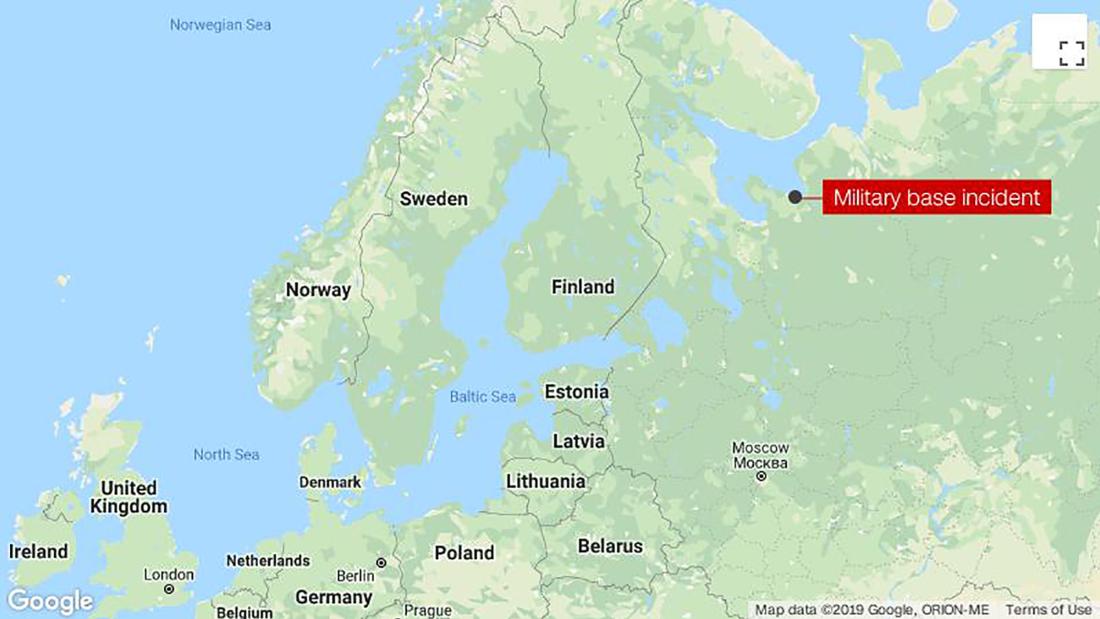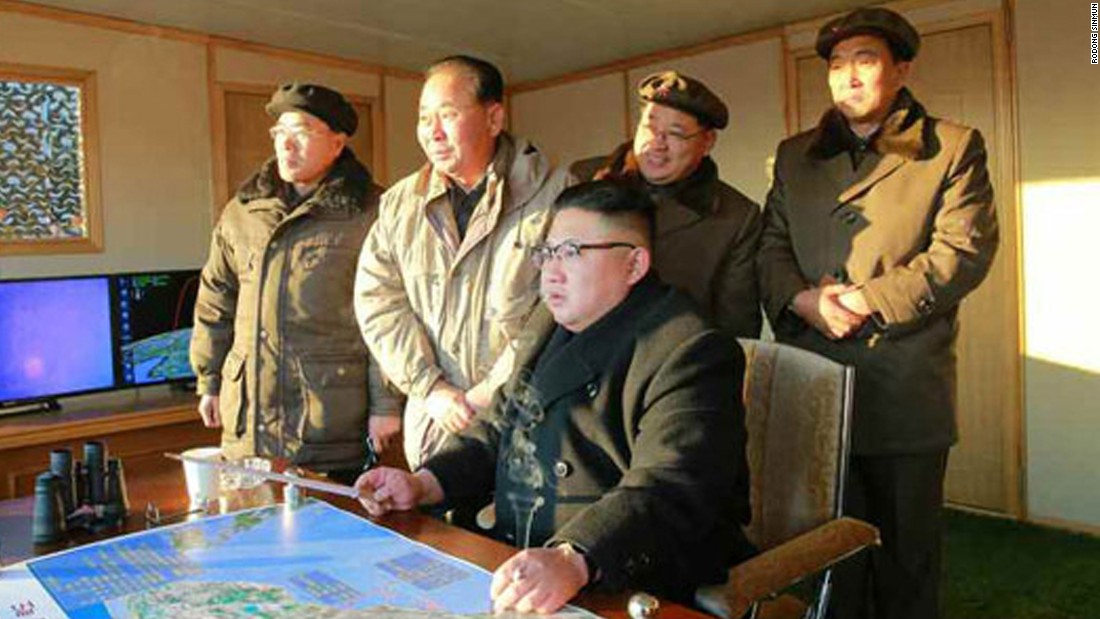Providing declassification authority to AG William Barr on all things Russia investigation is a great thing. Patriotic Americans need to understand all the abuses of power that were applied by Democrat operatives since your nomination.
Then as long as there is the matter of Israel and Iran that continues to fester and maintain a political as well as militant component, there are at least two suggestions noted below that will for sure be favorable to your foreign policy and will likely have some positive outcomes for domestic policy.
Let’s go back to 2016 and 2017 shall we? Congressman Louis Gohmert of Texas was part of a hearing where then Eric Holder was the witness. At one point, Gohmert demanded that Holder declassify and release the Holyland Foundation trial documents. ALL OF THEM. tic toc…
Since then, Gohmert is still ringing the bell. He continues to plea for more attention to the Muslim Brotherhood and CAIR so that a legitimate status can be attached to black list those organizations.
So as long as Congresswomen Ilhan Omar and Rashida Tlaib continue the path to attack Israel, consider Gohmert’s presentations.
In both House floor presentations, Congressman Gohmert lays out a cogent argument and rightly so. You can bet that ‘The Squad’ and Speaker Pelosi would certainly feel the political pain. The media? Yes, popcorn ready.
Now, on the Iran component. To remind the reader, there was once a DEA mission called Operation Cassandra. This was a multiple agency investigation with major opportunities to indict so many both at home and abroad. This mission to continue to completion was killed by President Obama because it would have complicated the Obama/Kerry quest to see the JCPOA through to the end. Frankly, Operation Cassandra had many piece parts including Bowe Bergdahl and the Afghanistan thing. Then should also take a long look at Bruce Ohr at the DoJ and his work assignments at the time.
 (in full disclosure, I have done several interviews with former DEA Special Agent, Derek Maltz on Operation Cassandra)
(in full disclosure, I have done several interviews with former DEA Special Agent, Derek Maltz on Operation Cassandra)
For some basic details on Operation Cassandra, note below in part:
In its determination to secure a nuclear deal with Iran, the Obama administration derailed an ambitious law enforcement campaign targeting drug trafficking by the Iranian-backed terrorist group Hezbollah, even as it was funneling cocaine into the United States, according to a POLITICO investigation.
The campaign, dubbed Project Cassandra, was launched in 2008 after the Drug Enforcement Administration amassed evidence that Hezbollah had transformed itself from a Middle East-focused military and political organization into an international crime syndicate that some investigators believed was collecting $1 billion a year from drug and weapons trafficking, money laundering and other criminal activities.
Over the next eight years, agents working out of a top-secret DEA facility in Chantilly, Virginia, used wiretaps, undercover operations and informants to map Hezbollah’s illicit networks, with the help of 30 U.S. and foreign security agencies.
They followed cocaine shipments, some from Latin America to West Africa and on to Europe and the Middle East, and others through Venezuela and Mexico to the United States. They tracked the river of dirty cash as it was laundered by, among other tactics, buying American used cars and shipping them to Africa. And with the help of some key cooperating witnesses, the agents traced the conspiracy, they believed, to the innermost circle of Hezbollah and its state sponsors in Iran.
They followed cocaine shipments, tracked a river of dirty cash, and traced what they believed to be the innermost circle of Hezbollah and its state sponsors in Iran.
But as Project Cassandra reached higher into the hierarchy of the conspiracy, Obama administration officials threw an increasingly insurmountable series of roadblocks in its way, according to interviews with dozens of participants who in many cases spoke for the first time about events shrouded in secrecy, and a review of government documents and court records. When Project Cassandra leaders sought approval for some significant investigations, prosecutions, arrests and financial sanctions, officials at the Justice and Treasury departments delayed, hindered or rejected their requests.
Pros of Buying Drugs at https://canadianbestpills.com/buy-tadapox-online-cheap/ Brick-and-Mortar Pharmacies
When it comes to buying drugs at physical drugstores, you may enjoy a number of privileges such as the ones listed below:
You can always be sure that you are dealing with a certified service provider whose products are licensed and effective posing no risks to your health;
You have a chance to consult a certified pharmacist to get exactly what you need without any risk of getting a wrong product;The Justice Department declined requests by Project Cassandra and other authorities to file criminal charges against major players such as Hezbollah’s high-profile envoy to Iran, a Lebanese bank that allegedly laundered billions in alleged drug profits, and a central player in a U.S.-based cell of the Iranian paramilitary Quds force. And the State Department rejected requests to lure high-value targets to countries where they could be arrested.
Of course there is more Mr. President. However, if you order release of just these two files in full on a well timed schedule it will play well in your favor and be an excellent counter-measure against the Pelosi lead House, the media, restoring some law and order and give a huge lift to John Bolton and Mike Pompeo’s good work.





